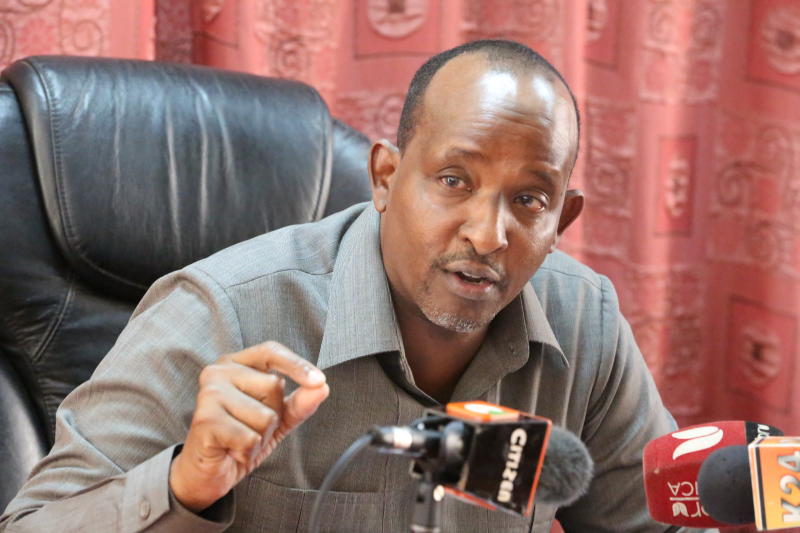×
The Standard e-Paper
Kenya’s Boldest Voice

During last week’s acrimonious Parliamentary session, Majority Leader Aden Duale was at the forefront pushing for a ‘yes’ vote on President Uhuru Kenyatta’s memorandum to the Finance Bill, 2018 proposing new taxes.
“The Kenyan economy can only be compared to our peers, South Africa, Ghana, Nigeria,” he said. “In South Africa, they charge 14 per cent VAT and 15 per cent in Ghana and in Nigeria they charge five per cent,” explained Duale.